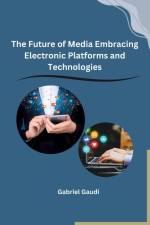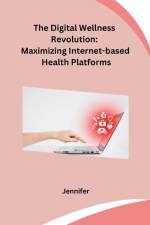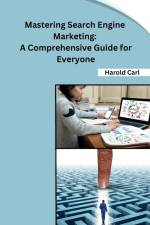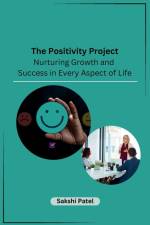von Stephanie
30,00 €
Understanding the Role of Communication in LeadershipIn today's fast-paced and interconnected world, effective communication is an essential skill for successful leadership. Whether you are a CEO, a team leader, or an aspiring entrepreneur, the ability to communicate effectively can make or break your leadership journey. This subchapter aims to explore the pivotal role of communication in leadership and demonstrate how it can benefit individuals from all walks of life.Communication lies at the heart of leadership, serving as a powerful tool to inspire, motivate, and influence others. A leader's words have the potential to shape minds, build trust, and create a shared vision. By mastering the art of communication, leaders can foster stronger relationships with their teams and stakeholders, leading to increased productivity, collaboration, and ultimately, success.One of the most significant benefits of effective communication, particularly public speaking, is the ability to inspire and persuade others. Public speaking allows leaders to deliver compelling speeches that resonate with their audience, conveying their vision and goals with clarity and passion. Whether addressing a small team or speaking in front of a large crowd, skilled public speakers have the power to captivate, engage, and motivate others towards a shared purpose.Moreover, effective communication skills enable leaders to build trust and credibility. By being open, transparent, and empathetic in their interactions, leaders can create an environment of psychological safety, where team members feel comfortable sharing their thoughts, ideas, and concerns. This fosters a culture of collaboration, innovation, and continuous improvement, as individuals feel valued and heard.Additionally, communication plays a crucial role in conflict resolution and problem-solving. Leaders who can communicate effectively can navigate challenging situations, bridge gaps in understanding, and find win-win solutions. By facilitating open and honest dialogue, leaders can foster an environment where conflicts are addressed constructively, leading to improved teamwork and organizational harmony.Lastly, communication skills are not limited to traditional leadership roles. The ability to communicate effectively is valuable for individuals in all walks of life. Whether you are a student, a parent, or an employee, mastering communication skills can enhance your personal and professional relationships, boost your confidence, and open doors to new opportunities.






























